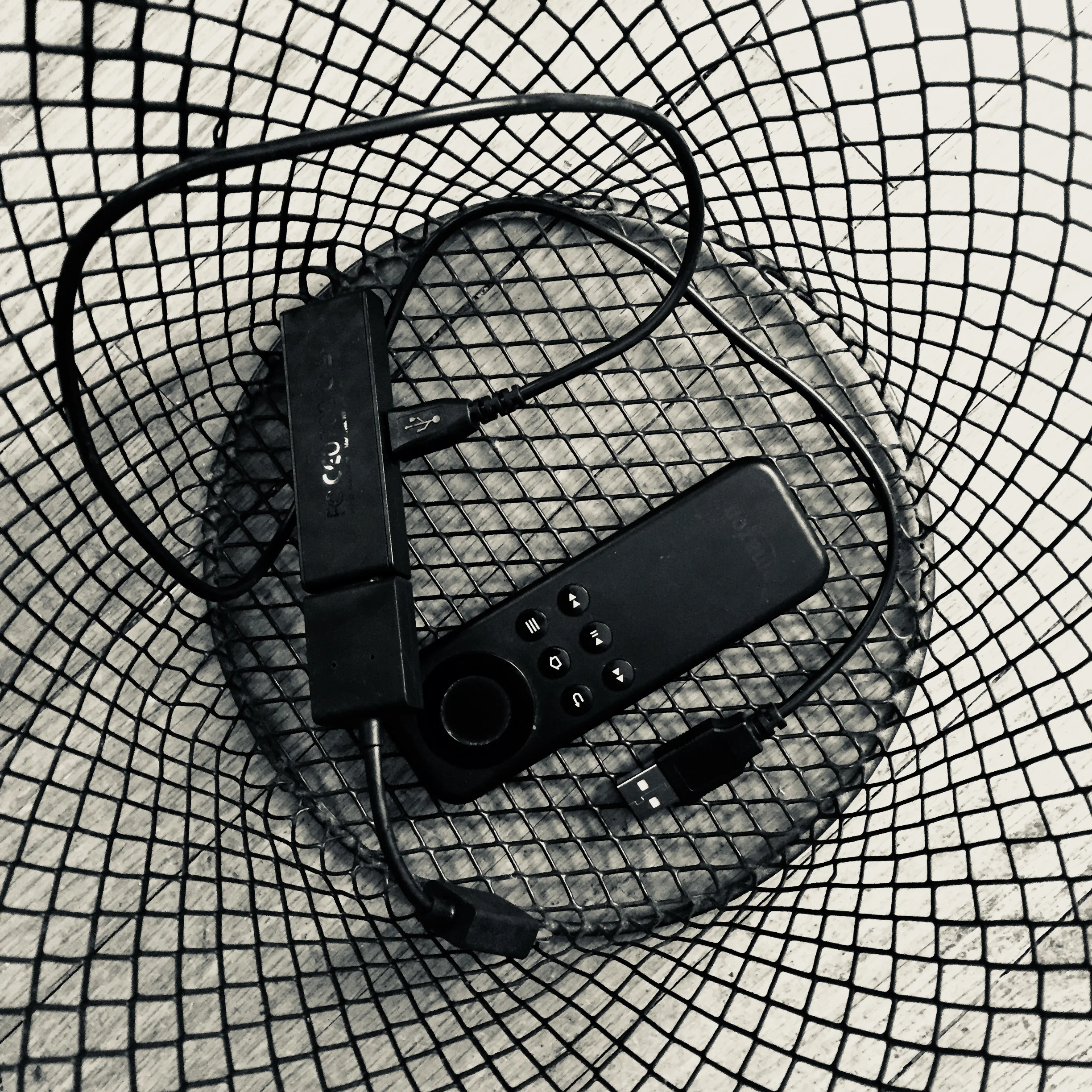It's Not Just the FCC That Threatens Net Neutrality
Amazon's threat to bounce YouTube from Amazon's Fire TV should come as no surprise. The big guys (Apple, Google, Amazon) have been sniping at each other for years now with threats -- and actions -- that restrict sale and distribution of their devices through channels they don't control. Look how long, for example, it took to bring Amazon Prime to Apple TV.
This "not net neutrality" is bound to increase as the U.S. retreats from an open Internet. The reason why is simple: this is what happens with vertical integration when a single organization controls content and the channels of distribution and access media. Eventually even Roku, long a bastion of across-the-board access, will have to succumb to this channel re-fragmentation as we return to the bad old days as modeled by cable TV and its monopolies.
Even now it's a good guess that Disney is planning a restrictive hardware strategy while it eventually pulls its content from Netflix as it seeks to minimize the variety of access methods to those it can control and charge a premium for.
This is all reminiscent of the radio and recorded music industries and their fights over new technology, as discussed by Tim Wu in Master Switch: The Rise and Fall of Information Empires. New technologies arise that foster innovation in communication and entertainment; old industries are disrupted; government is recruited by both old and new industries to protect their interests.
We see this happening again as cable TV loses its strangle hold over last-mile information pipes while attempting through government sanctioned vertical integration to fed off competition from digital insurgents. Even as the FCC threatens to gut net neutrality companies like Apple, Amazon, and Google fight over controlling their particular fiefdoms.
How well are the interests of "the public" being served? Aside from the fact that there is no such things a single "public" any more, access to information is increasingly being controlled and made accessible to only those able to afford it. The concept of public information no longer exists -- assuming it ever did -- with the continued fragmentation and accessibility of well defined filter bubbles.
What can an individual do about this situation?
My views are colored by the ability to afford a few basic channels (a soon-to-be-discarded cable TV subscription, Amazon Prime, Netflix, etc.) plus an increased willingness to forego those media and channels that are deliberately restrictive.
I rarely "buy" movies anymore as my purchases of hundreds of viewed-once DVDs, for example, taught me to avoid buying physical media that would intentionally be obsoleted by the publisher. Also, despite my lifelong love for science fiction, I'm not bothering with the new Star Trek Discovery as I have no interest in adding ANOTHER monthly charge when my video "watchlists" and my bedside pile of unread books both continue to grow.
Finally, given my local public library's access to digital magazines, ebooks, and audiobooks, I can afford to continue to grow those lists of the unwatched and the unread!
Copyright (c) 2017 by Dennis D. McDonald. A later version of this article has been published by aNewDomain as The FCC Isn’t The Only Enemy of Net Neutrality.





